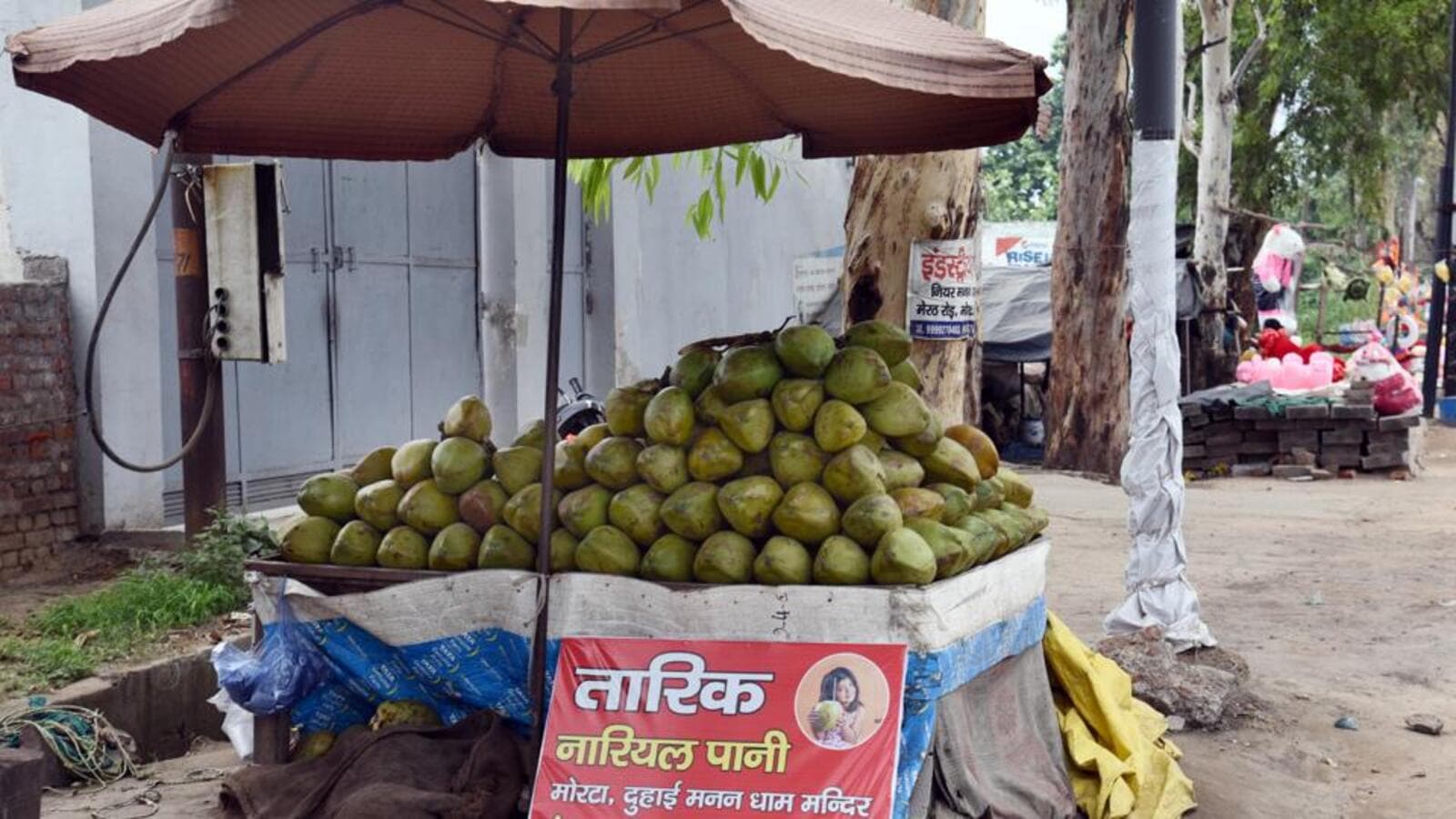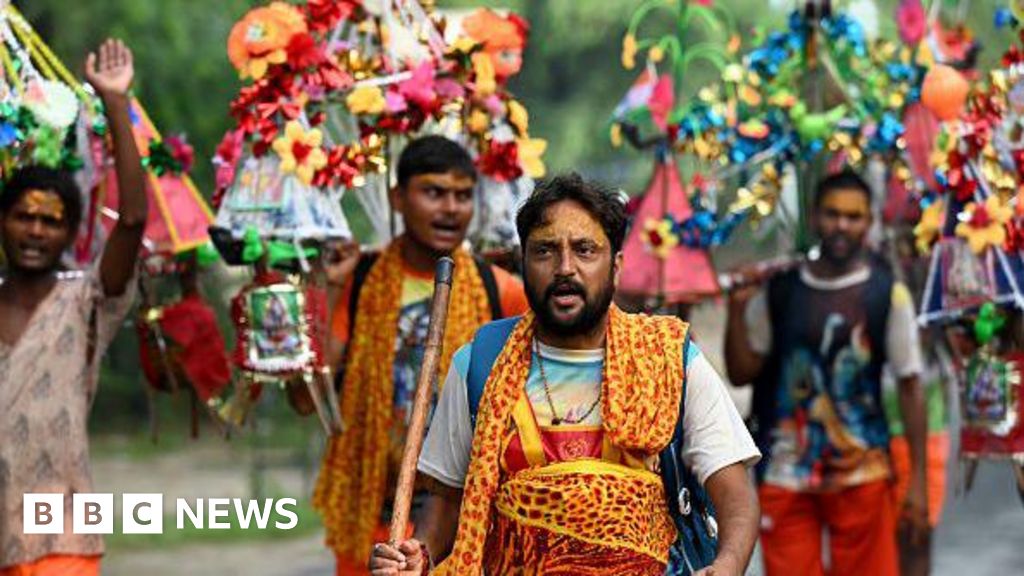The Supreme Court of India has issued a temporary stay on the orders implemented by the state governments of Uttar Pradesh and Uttarakhand. These orders required shop owners and hawkers along the Kanwar Yatra routes to display their names and those of their employees.

Also Read: Clashes Erupt in Bangladesh Over Job Quota Protests, Over 100 Injured
The order was issued by state governments in Uttar Pradesh and Uttarakhand both ruled by the Bharatiya Janata Party (BJP) which is also in power federally.
The directive was planned at maintaining law and order during the Kanwar Yatra, a Hindu pilgrimage that sees millions of devotees travel to collect holy water from the Ganges River.
The order required restaurants and food stalls along the pilgrimage route to display the names of their owners and operators.
The Kanwar Yatra is an annual pilgrimage undertaken by devotees of Lord Shiva, young men who walk for days or weeks to collect water from the Ganges and offer it at Shiva temples.
The pilgrimage passes through several states including Uttar Pradesh, Uttarakhand, Madhya Pradesh, Haryana, Delhi and Rajasthan.
Pilgrims often adhere to strict dietary restrictions, avoiding meat and alcohol which has influenced the regulations imposed on eateries along the route.
Some say that the directive was primarily aimed at Muslim-owned eateries which are along the pilgrimage routes. This has led to accusations of religious discrimination.
Many opposition parties and civil society groups have highlighted the economic harm to Muslim business owners, accusing the government of facilitating an economic boycott.
Opposition parties have labeled the directive as divisive and a means to communal tensions. Even some allies of the BJP such as Janata Dal (United) and Lok Janshakti Party have criticized the order.
Activists and opposition leaders including Mahua Moitra of the Trinamool Congress filed petitions against the directive arguing that it violated constitutional rights by promoting discrimination based on religion.
On July 22, 2024, the Supreme Court suspended the enforcement of the directive stating that eateries should only be required to display the type of food they serve (vegetarian or non-vegetarian) and not the owners’ names.
The yatra typically occurs during the Hindu month of Sawan corresponding to July and August in the Gregorian calendar.
The bench comprised Justices Hrishikesh Roy and S.V.N. Bhatti, who took an approach in examining the legality and implications of the state orders.
Also Read: South Korea’s Supreme Court Upholds Landmark Ruling on Spousal Benefits for Same-Sex Couples
The Supreme Court suo motu impleaded the Madhya Pradesh government after being informed of similar directives issued in Ujjain.
The court passed an interim order prohibiting the enforcement of directives that mandated the display of shop owners’ names.
The bench addressed that the primary concern should be the hygiene and safety standards of the food served to the Kanwariyas rather than the identities of those serving it.
Senior advocates Abhishek Manu Singhvi, C.U. Singh and Huzefa Ahmadi argued that the directives violated several constitutional provisions including Article 14 (Right to Equality), Article 15(1) (Prohibition of discrimination on grounds of religion, race, caste, sex, or place of birth), Article 17 (Abolition of Untouchability), and Article 19(1)(g) (Right to practice any profession or to carry on any occupation, trade, or business).
Uttar Pradesh Chief Minister Yogi Adityanath defended the directive citing past incidents of violence involving pilgrims and claiming it was a measure to protect their religious sentiments.
Uttarakhand authorities expressed similar sentiments pointing to instances where eateries allegedly hid their true ownership.
Many Muslim-owned businesses reported pressure from police to comply with the directive with some owners forced to display religious names.
The directives disproportionately affected Muslim-owned businesses along the Kanwar Yatra routes leading to fears of communal tensions and economic losses.
Justice Bhatti shared an anecdote from Kerala, illustrating that the quality of food and hygiene standards should take over the religious identity of those preparing or serving it.
The directives were met with criticism from opposition parties and allies of the ruling Bharatiya Janata Party (BJP). AIMIM leader Asaduddin Owaisi compared the move to practices and Nazi-era boycotts of Jewish businesses.
The Supreme Court suggested that authorities could ensure the Kanwariyas are served vegetarian food and maintain hygiene under the Food Safety and Standards Act, 2006 rather than relying on identity-based directives.
The court addressed that the Street Vendors Act, 2014 provides a legal framework for regulating street vendors without infringing on their rights or imposing identity-based conditions.
Also Read: Two Oil Tankers are on Fire After Colliding Near Singapore























